An Aromatic Journey: A Very Brief History of Perfume
An Aromatic Journey: A Very Brief History of Perfume
The art of perfumery has been a cherished tradition that spans centuries, with roots that are deeply embedded in the tapestry of human history. The allure of fragrant raw materials has captivated civilisations across the globe in innumerable ways with all cultures drawn to the scents of the natural world in different ways.
The origins of perfume can be traced back to ancient civilisations, where fragrances were first used for religious ceremonies, rituals, and personal adornment. Archaeologists in Cyprus unearthed some of the oldest perfumes, estimated to be over 4000 years old and in Mesopotamia, a cuneiform tablet dating back over 3000 years identifies a woman named Tapputi to be the first recorded perfume maker.
The word 'perfume' is actually taken from the Latin 'Pro Fumum' meaning 'through smoke' because the earliest types of fragrance were achieved by burning raw materials.
The ancient Egyptians are credited with elevating the use of perfume to an art form and for using perfume as part of every day life. Perfumes played a vital role in religious ceremonies and burial rituals, with both men and women applying scented oils to their bodies and Queen Cleopatra was renowned for her love of fragrances, believe to have her own signature scent.
It's believed that the Greeks and Romans adopted the use of perfume from the Egyptians, incorporating it into their daily lives and special occasions. They created sophisticated fragrance blends using ingredients like myrrh, frankincense, and floral essences. Perfume became a symbol of status and luxury, with wealthy citizens indulging in custom-made scents.
During the Middle Ages, the art of perfumery continued to flourish and Arab chemists perfected the distillation process, extracting essential oils from flowers, herbs, and spices. The Crusaders brought these fragrant treasures back to Europe, introducing a newfound appreciation for perfume in Western cultures.
The Renaissance era saw a resurgence of interest in the olfactory arts. Italian and French perfumers gained prominence, creating intricate scents for the elite. The court of King Louis XIV of France became a centre for perfume innovation, and the city of Grasse emerged as a hub for cultivating flowers for fragrance production.
The 19th century witnessed the dawn of modern perfumery with the industrial revolution. Advances in chemistry allowed for the synthesis of new aromatic compounds, such as coumarin and vanillin. This era also saw the establishment of iconic perfume houses, like Guerlain and Chanel who, amongst many others, paved the way for the commercialisation of fragrances.
The invention and evolution of perfume reflect the dynamic interplay between culture, history, and human creativity. From ancient rituals to the sophisticated blends of today, perfume has remained a timeless expression of individuality and elegance. As we continue to explore new olfactory horizons, the aromatic journey of perfume stands as a testament to the enduring power of scent in shaping our shared human experience.
Discover your perfect fragrance by building a personalised discovery box.




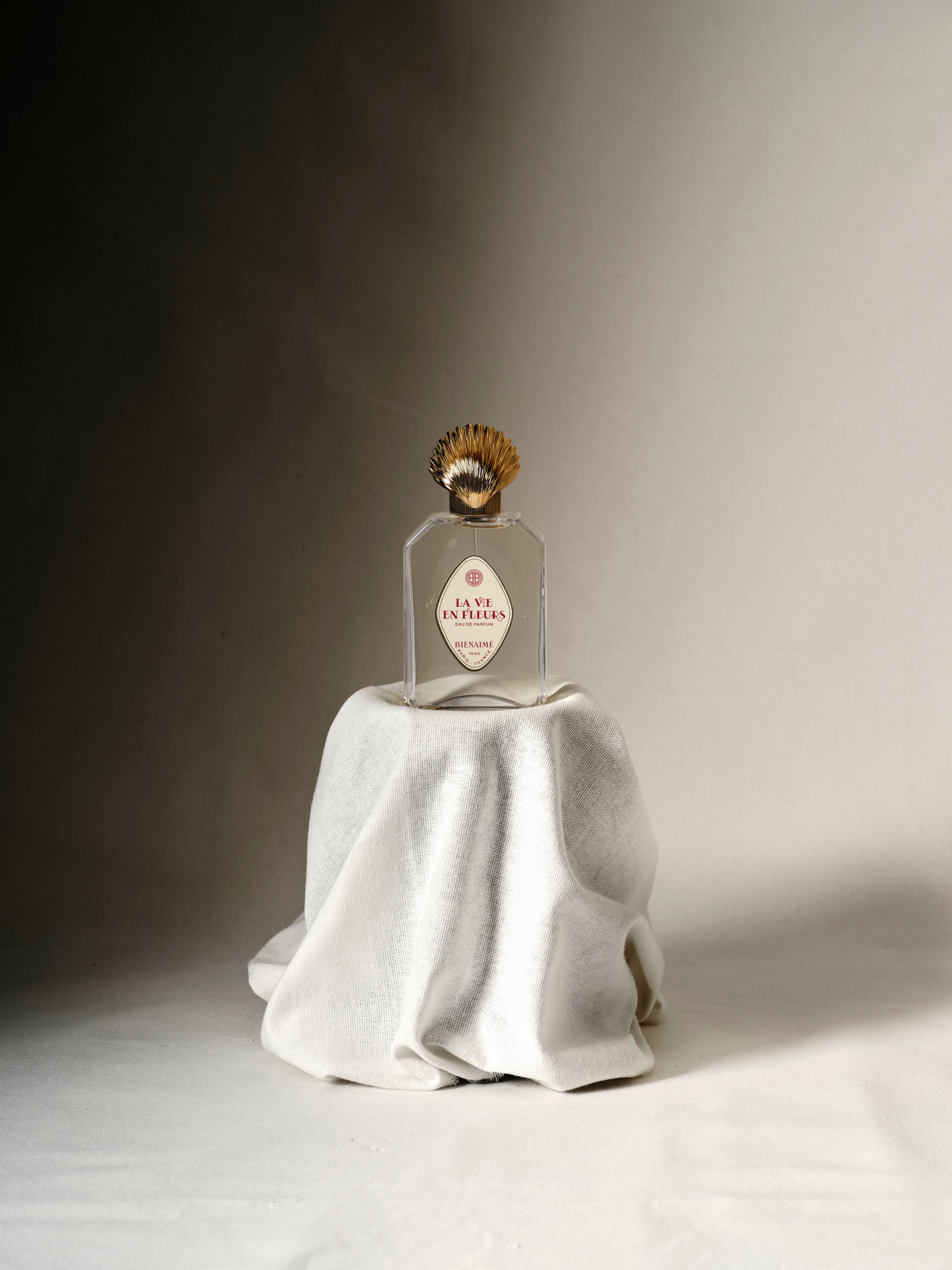
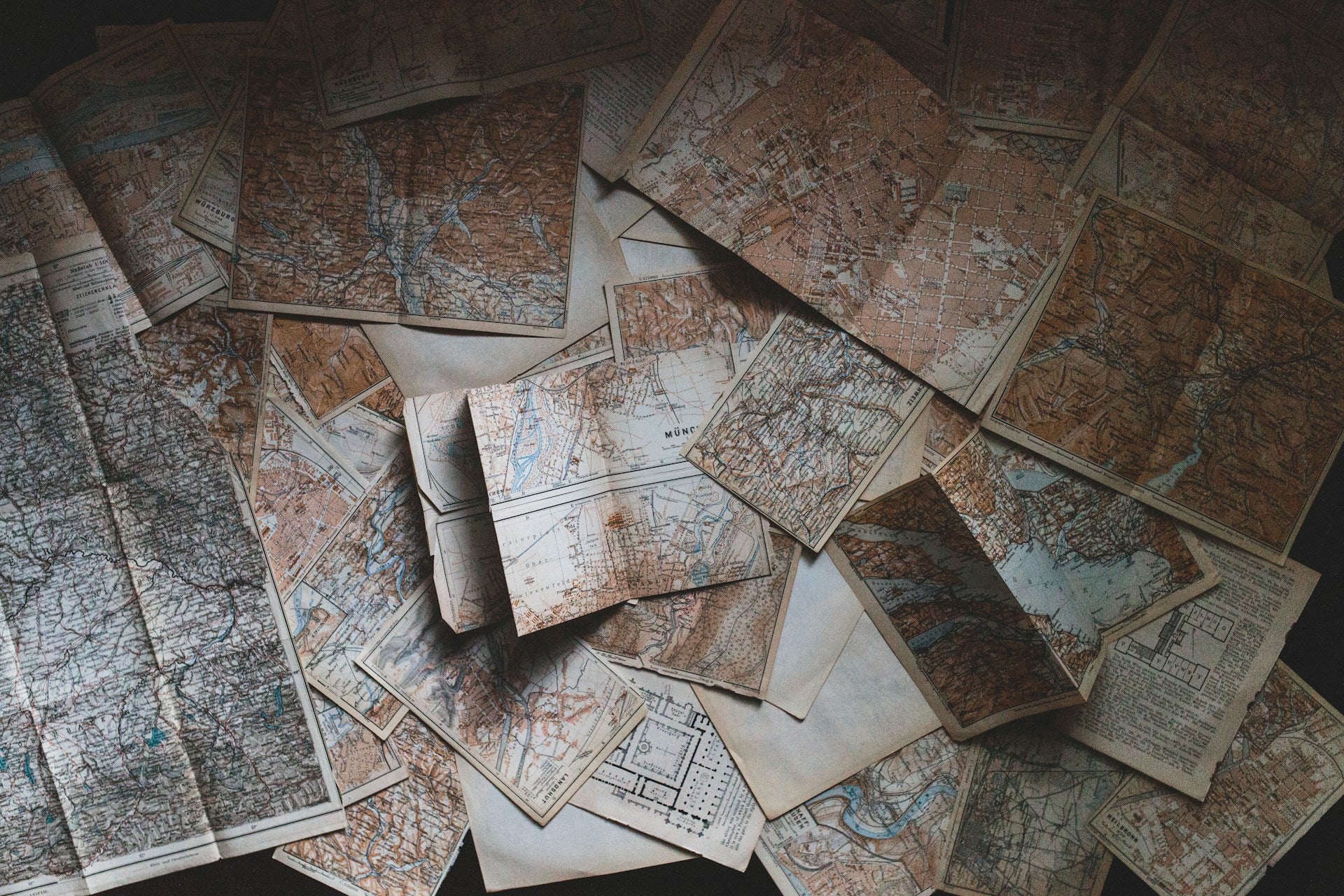
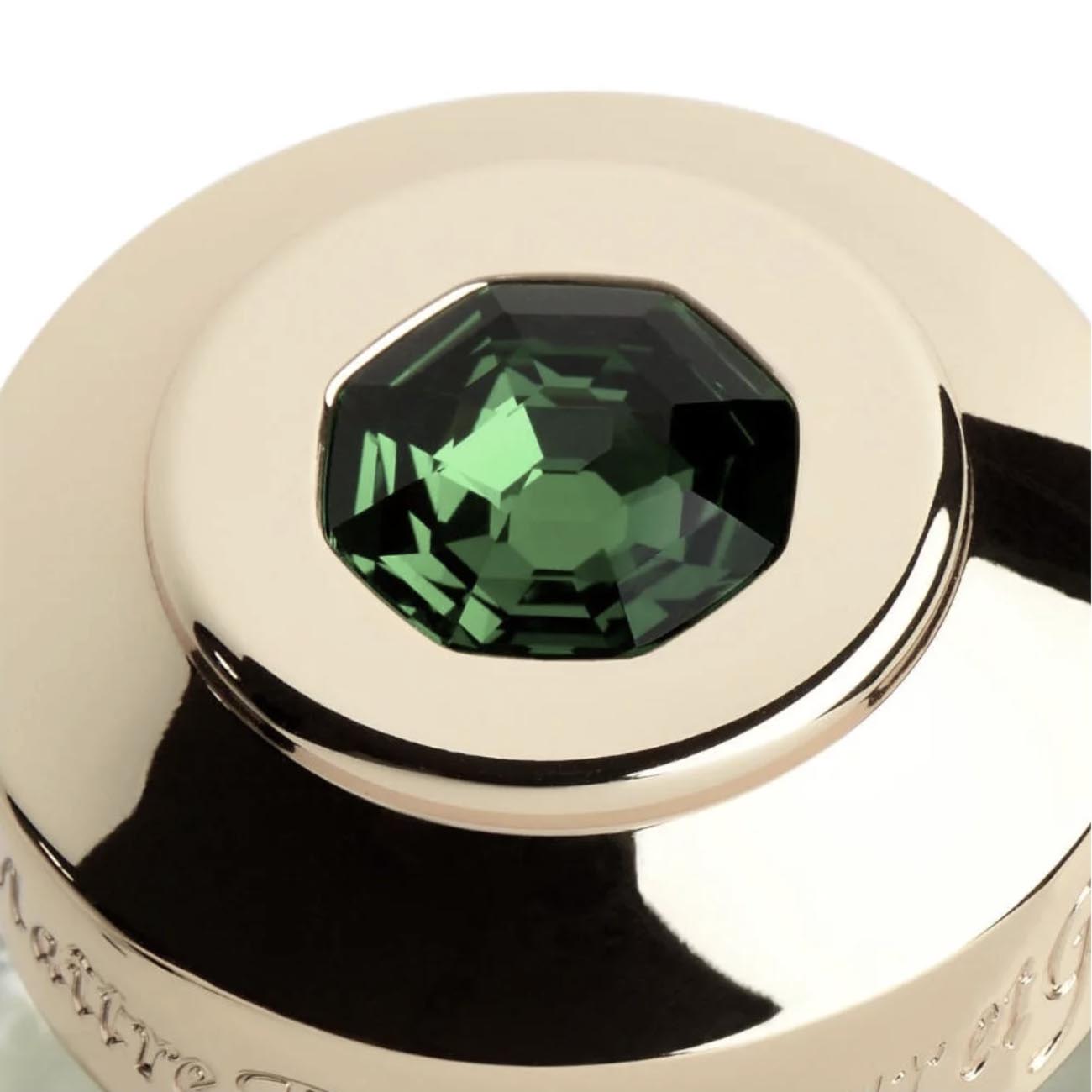
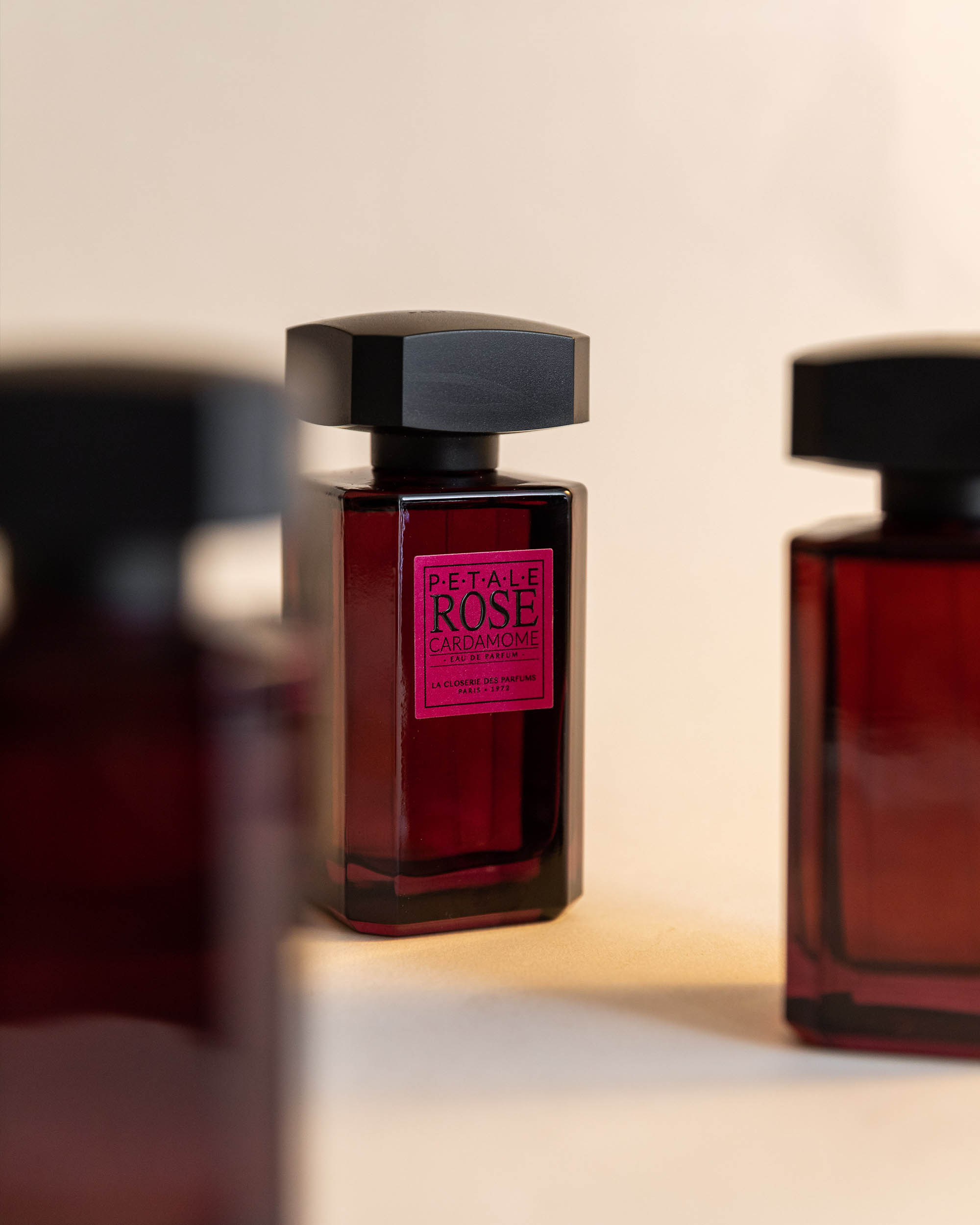
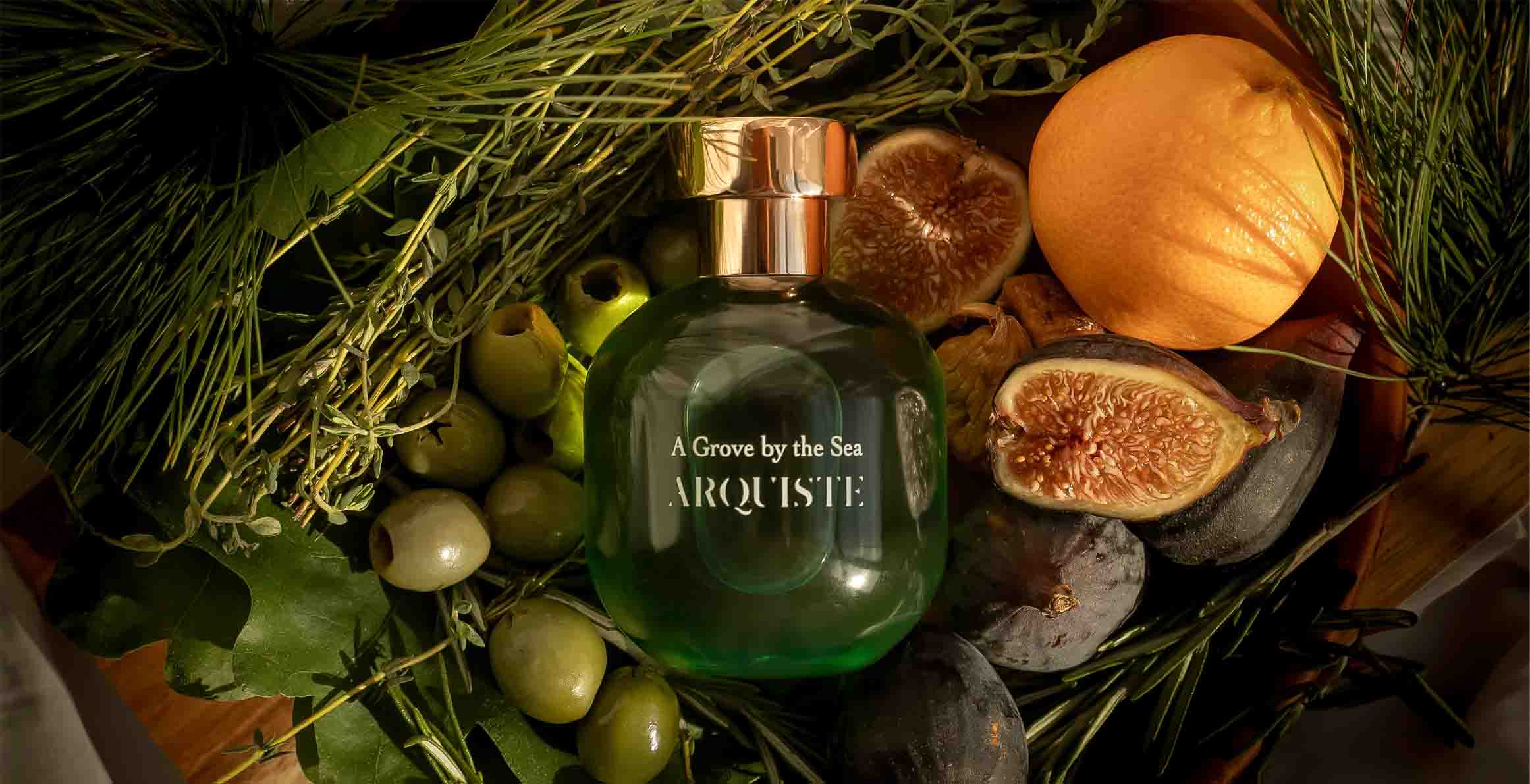
Leave a comment